It’s been some time since I penned a FAR post. Much has changed and much has stayed the same. I have since moved to a different part of the United States and have started a new teaching position at a large university. Yet, I am still a scholar who seeks out the connection between feminism, gender representation, religion, and popular culture. Which brings me to this new post.
A shifting wind is starting to pick up in the direction of the powerhouse that is the Marvel Universe. The first dozen or so films have been extremely heavy in its white representation; with only sparingly few characters of color. The Marvel films finally produced a Superhero of color with the introduction of T’Challa. The highly successful 2018 Black Panther grossed 700.1 million in the Americas with a global total of 1.3 billion.
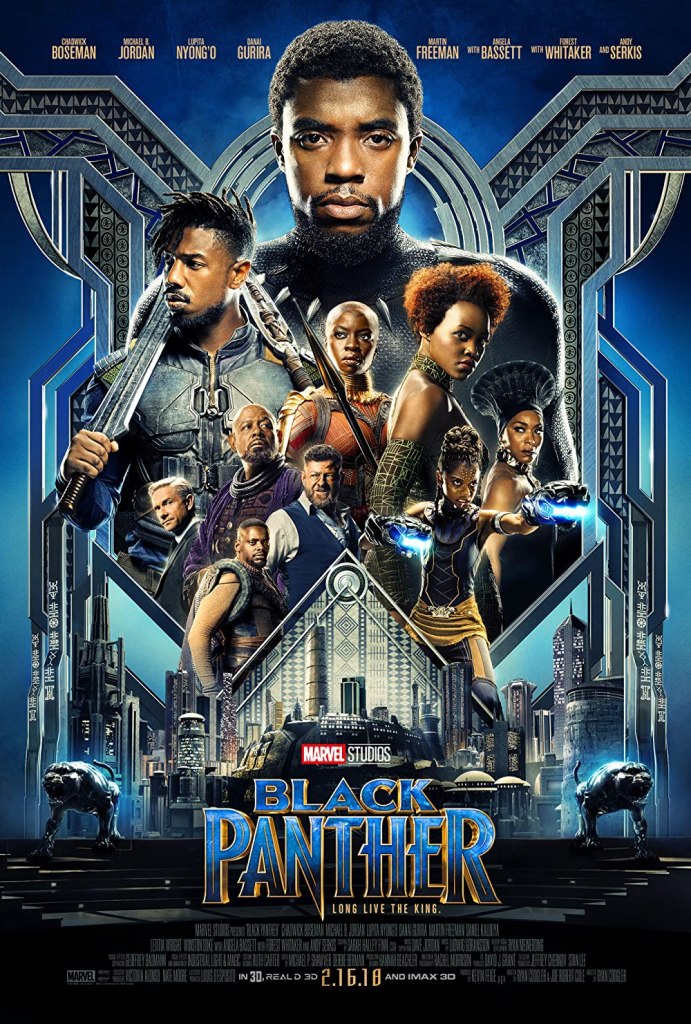
Clearly telling the movie production houses that films with lead characters of color will be highly successful and highly profitable. Not to mention highly important for representation.
Shortly after the success of Black Panther, the early works of a new project started. This project would be centered on the 1973 comic book hero Brother Hand/Master of Kung Fu/Shang Chi.
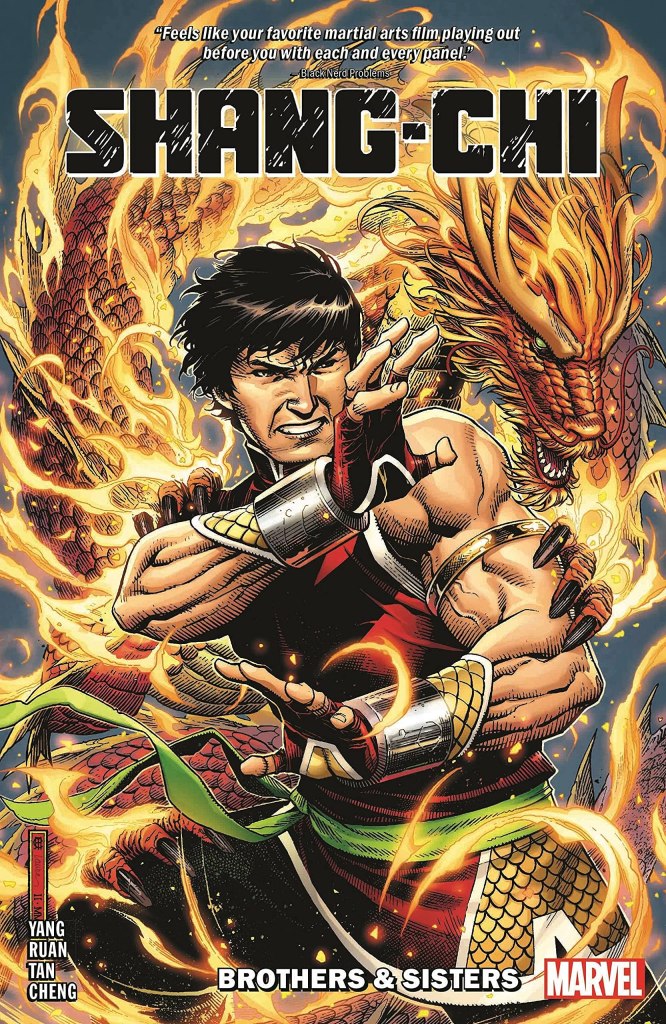
The name and the hero came out of the Comic creator’s knowledge of the Dao text, I Ching. This would be the first time an Asian Superhero would frontline for Marvel and its growing empire.
By March 2019, Marvel fast lit the production to what would become Shang Chi and the Legend of the Ten Rings.
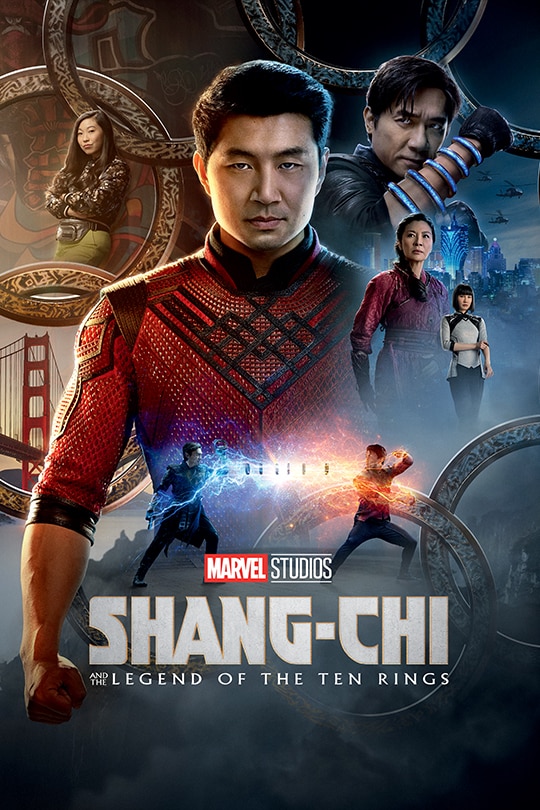
Shang Chi is the first film in the Marvel Universe to have an all-Asian main cast paired with an Asian Director and Writing Staff. Director and Co-Writer Destin Daniel Cretton is a Japanese American born in Hawaii, his second co-writer, David Callaham, is of Chinese American descent. Shang Chi is portrayed by Chinese Canadian actor Simu Liu.

But the representation doesn’t stop there. Tony Leung, a Hong Kong powerhouse actor portrays Shang Chi’s father and main adversary in the film.
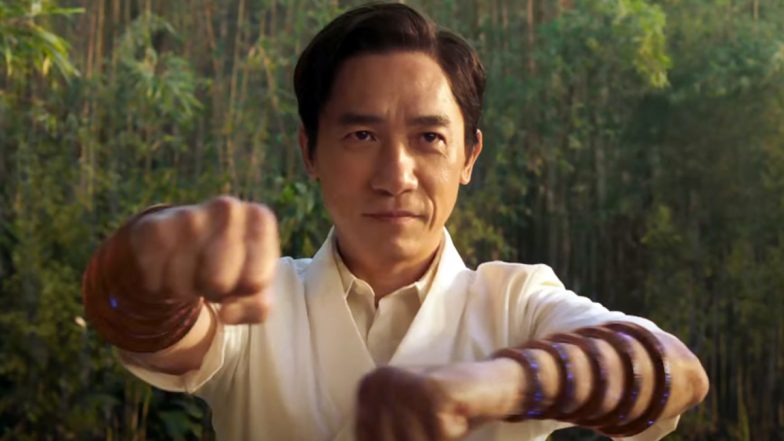
The film portrays a complex and fascinating look at the relationship between parents and children, the pulls of grief and anger, and the power of acceptance and forgiveness. Paired only with the brilliance and emotional acting of the cast.
This film carries a powerhouse of Asian Female actors. Awkwafina, of Chinese Korean descent plays Shang Chi’s best friend who is meant to represent the 2nd and 3rd generation Asian American experiences of being pulled between US assimilation and honoring family and culture. Meng’er Zhang plays Shang Chi’s Sister who while pushed aside by their father due to her gender, studies and becomes skillful in martial arts.

Fala Chen, a Chinese actress plays their mother who leaves her supernatural family home to marry and have children. Michelle Yeoh, the world-famous Malaysian actress plays Shang Chi’s aunt who has been tasked with guarding the ancient power of Ta Lo.
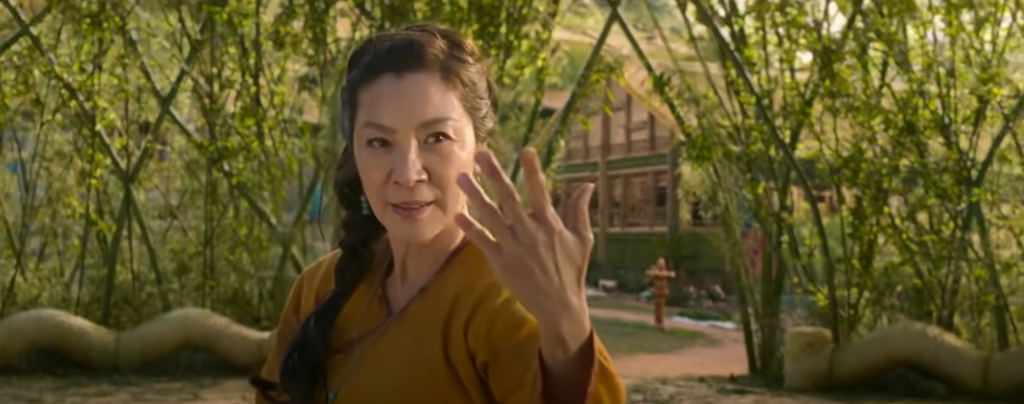
Pre-Sale Tickets on the first day of release broke Marvel records at 1.4 million. Opening Day, Shang Chi had 29.6 million in sales in America alone. By October 17, Shang Chi has pulled in 218.1 million Dollars in the Americas with a total of 414.3 million worldwide. Reporting states that if this film would have been released Pre-Pandemic, sales would have shattered all the records set by Black Panther.
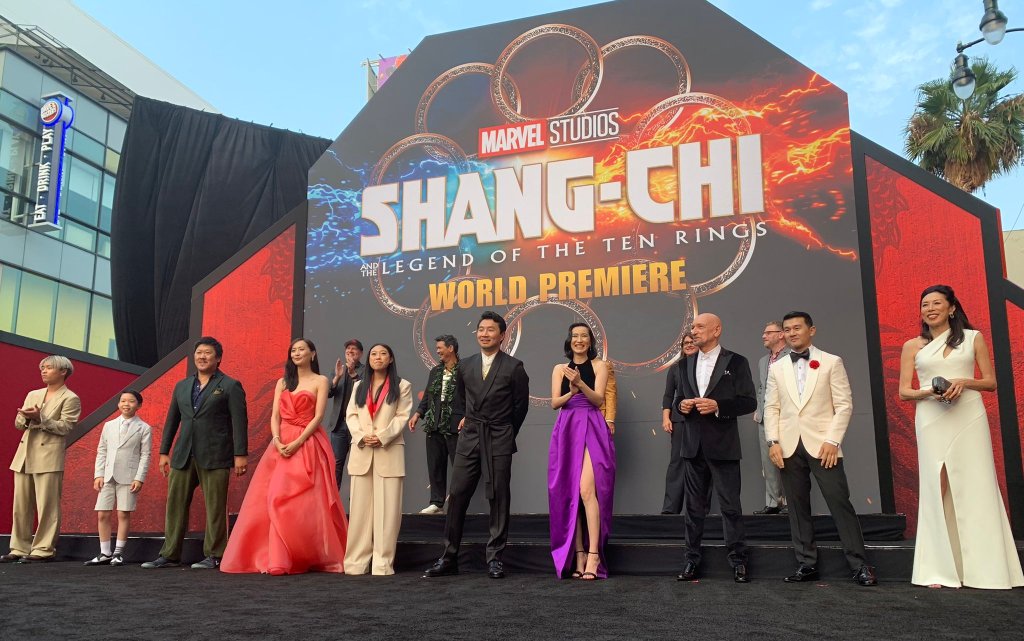
The film has been praised for its beautiful, intricate fight scenes, cinematography, and representation of Asian culture, religion, traditions, and peoples. Mandarin is spoken throughout the film becoming the first mainstream Marvel film to be multi-lingual.
There were moments where I shed tears thinking about how important this film is not just for the representation, the care of which all things were handled, but that it comes at a time when the US has seen an increase in Anti-Asian rhetoric, events, and crime. The female characters in the film, did not fall into the common Hollywood troupes of Asian women and even of female characters in general. They are independent, strong, caring, vulnerable, and kick-ass.
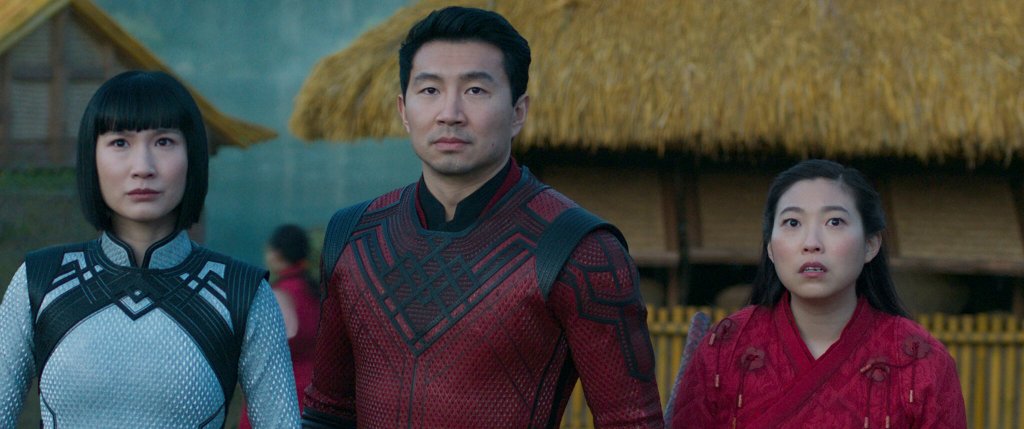
You truly don’t need to have watched any previous Marvel films to enjoy Shang Chi. It has action, drama, comedy, heart, and even some suspense. One of the best times I have had at the cinema in a long time (regardless of a Pandemic or not).
And the diversity and representation doesn’t stop at Shang Chi. In November, Marvel will also release a potential blockbuster hit Eternals.
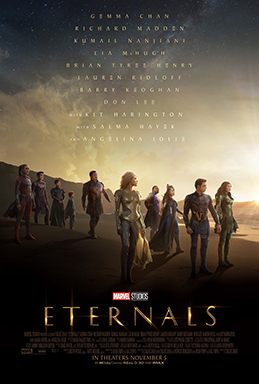
While this film’s cast is much more akin to the previous white led-released films, there are some highly notable additions to which makes this upcoming film interesting and important. Gemma Chan (hot off her success from Crazy, Rich Asians) has been teased in spoilers as being the lead character superhero.

Kumail Nanjiani, will become the first South Asian and Pakistani-American to play a lead superhero in Western Cinema. He has been in and out of news due to his ‘bulking’ up for the role.
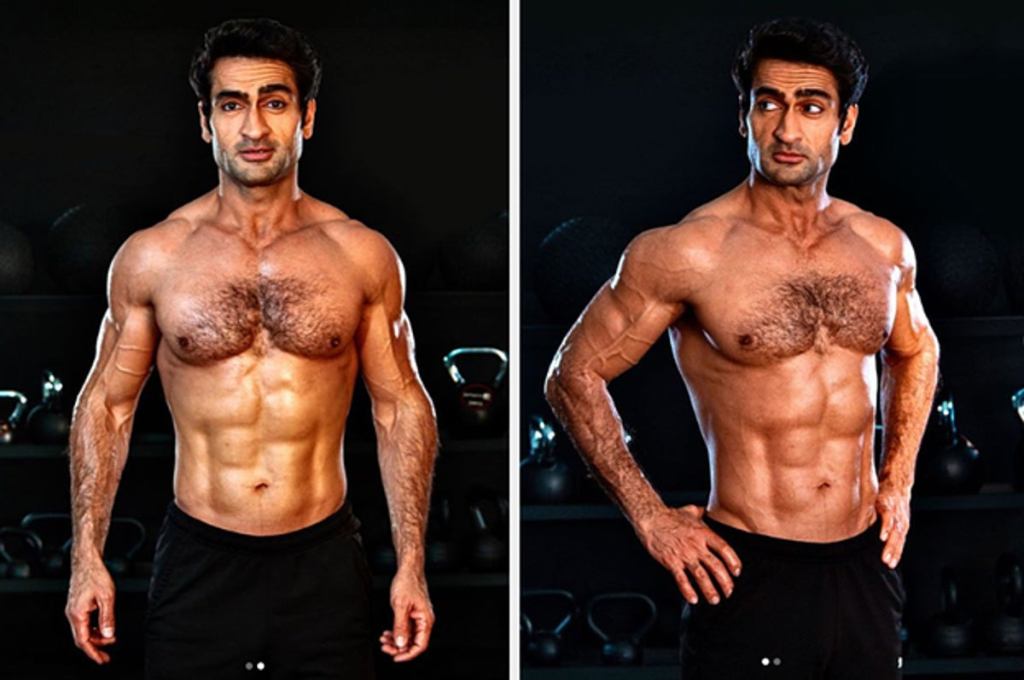
Ma Dong-seok will become the first Korean Superhero in the main cast that also sees Salma Hayek join its ranks. The casting does not stop there, representations of sexuality and differently abled bodies will be seen. Brian Tyree Henry will become the first actor to portray an openly gay superhero in the Marvel Universe. Lauren Ridloff, a deaf actor, will play a Deaf Superhero.
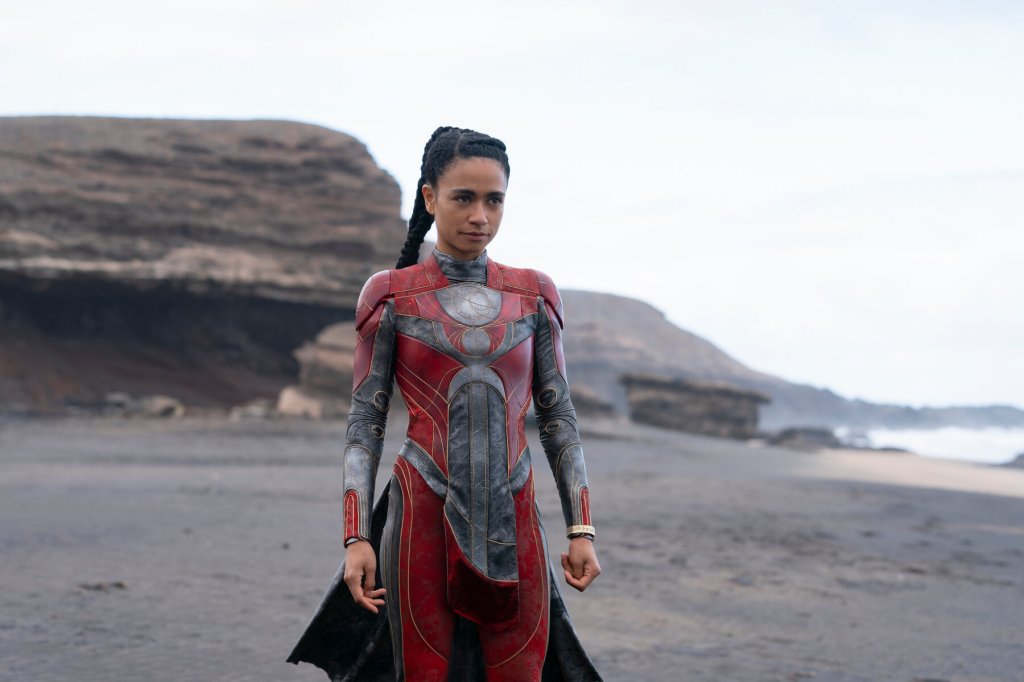
Paired with the cast is a female director of color. Eternals is directed and co-written by Chloe Zhao; a Chinese born filmmaker who in 2020 became the first woman of color to receive an Oscar for Best Director.
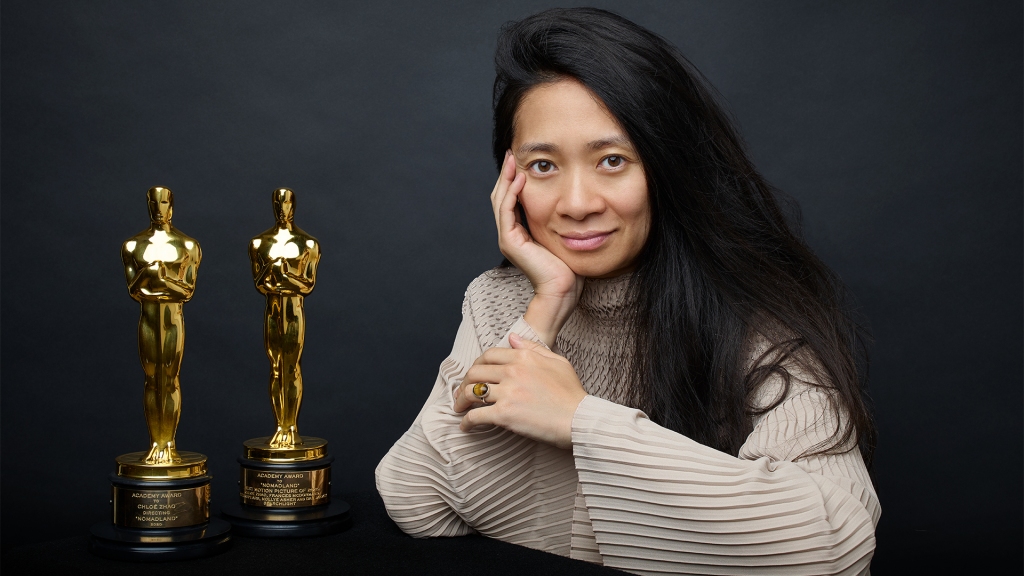
This will be her first blockbuster funded film debut. And what a debut it is shaping up to be. Pre-sale tickets reached to 2.6 million on the first day of sales.
These two films have shifted the conversation, opened doors, and even paved new paths which I hope leads to many more films, help to inspire upcoming generations, and push for new and lasting change. Changes where all genders, bodies, language, and abilities are represented.
Anjeanette LeBoeuf has recently traded in the sunny days of California for the ever changing seasons of the Midwest. Anjeanette is currently the World Religions Professor at Saint Louis University. She continues to be the Queer Advocate for the Western Region of the American Academy of Religion. She has also recently helped to set up and is the current Chair of the Disabilities Studies Unit for the Western Region. Her focuses are divided between South Asian religions and religion and popular culture. One of the main themes in Anjeanette’s work is seeking out representations of women and queer people in all forms of popular culture and how religion plays into them. She looks forward to exploring St. Louis in the coming months.


Very interesting. It’s good to see diversification and not just all those super-muscular white men. (But those bare chests are fun.) I don’t think I’ve ever seen a Marvel movie. I have zero interest in action-adventure, speeding cars, explosions, and fist-fights in mid-air. These last I’ve seen in TV commercials. But I’m sure lots of Marvel fans will find your research enlightening. Cheers! Bright blessings!
LikeLiked by 1 person
All these endless images of men (and a few women) FIGHTING. We are an image based culture that is responding positively to these violent images…. for me this really gets in the way. Sorry.
LikeLiked by 2 people
no need to apologize. it is a fair critique on how mainstream and prevalent violence and action are within our society.
LikeLike
Thanks for this fascinating update. I agree with Sara. If we take the world as it is, the diversification is such an important even crucial step. So hurray for that.
But alas . . . the cultural reliance on fighting, on super human powers is a huge problem in our culture (in my book.) It reminds me of the problem of the Cinderella and the generations damaged by the images of a girl needing to find a “prince charming” in order to find fulfillment and happiness.
I wish we could find another way. One that allows us to enjoy the derring do and powers of super heroes without feeding into the violence that it spawns. In the meantime, diversification has important merits.
LikeLiked by 2 people
Janet,
Thank you for your words and your connections between the popularity of superhero/action/violent films to fairy tales and the ‘happily ever after’ motif. There are so many levels we can go down – discussing the toxic masculinity, the restricting gender binary and heteronormativity, and even how in modern days we have taken stories which were originally stories that contained horrific events and made them palatable for children.
LikeLike
Hi Anjeannette,
Congratulations on your new position–WOW! St. Louis U. Good move! It’s been awhile since I’ve even commented. This is interesting and I would like to know your take on The Squid Game–it so troubled me and I have discussed this with Korean female friends who have said it doesn’t really reflect the culture so much.
Good luck in St. Louis! Not a far cry to go to Chicago where lots is happening!
Love,
Jan
LikeLiked by 1 person